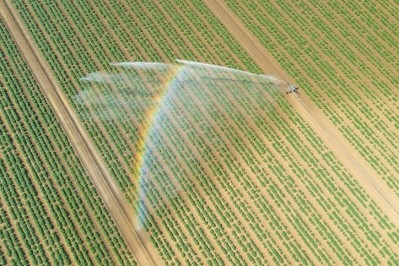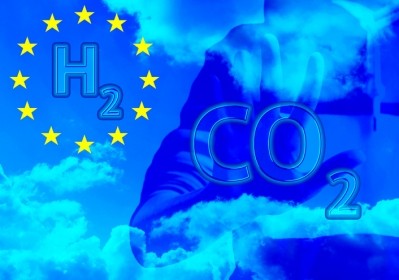UK environmental goals: Defra sets out targets on water quality, methane emissions and nitrogen pollution

The Department for Environment, Food, and Rural Affairs' (Defra) released its Environmental Improvement Plan this week; it sets out a wide range of environmental targets around air and water quality, nature recovery, adaption to climate change, sustainable use of resources, and cutting waste, as well as managing exposure to chemicals and pesticides.
The plan is described by UK prime minister, Rishi Sunak, as "a blueprint not just to halt the decline of nature in our country, but to reverse it."
Robert Sheasby, AIC's chief executive, said the strategy finally gives everyone involved in UK agriculture some clarity on what the government wants to achieve on environmental protection and sustainable food production. "That said, there is a lack of detail on certain aspects of the plan, and we have some concerns about the practicality and feasibility of some of the targets set for water quality, for example.”
Looking at the water quality goals as presented in the plan, Defra said it intends to incentivize sustainable land use and increase compliance with regulations to reduce agricultural pollution. And it is aiming to reduce nitrogen, phosphorus, and sediment pollution from agriculture into the water environment by at least 40% by 2038, compared to a 2018 baseline.
Through farm level monitoring, reporting, and verification of greenhouse gas emissions, Defra hopes to help enable farmers and other land managers to better understand their sources of emissions and open up new financial opportunities.
Methane mitigation strategies
Defra is set to publish a UK government response this year to a call in late 2022 for evidence on methane suppressing feed products that could support more sustainable beef and dairy production. It said it recognises the potential for feed technologies to help decarbonise livestock farming systems.
An application for use of 3-nitroxyproponol (3-NOP), a feed additive produced by DSM and branded as Bovaer, is currently under consideration for use as a methane suppressing additive in dairy cows and cows for reproduction by the UK’s Food Standards Agency (FSA) and Food Standards Scotland (FSS), according to the plan.
In November 2022, the AIC responded to Defra's call for evidence on methane reduction strategies, highlighting the pioneering technologies, practices, and innovations available to feed companies and their livestock farming customers, including feed materials, additives, and forage types - with industry exploring the impact of particle size, and the chop length of fibres and forages on methane emissions mitigation approaches - along with practices such as ad-lib versus controlled feeding, and precision feeding.
The extent to which any of these technologies would be taken up will depend on their effectiveness in achieving the suppression of methane emissions, as well as any beneficial or detrimental impacts on the level of production, and animal health and welfare resulting from their adoption, said the trade group.
The AIC said its submission to Defra on methane reduction methods carried no assessment of the quality or efficacy of any such technologies, and instead focussed on how best to assess the validity of any claims for methane suppressing feed materials.
Farmer reaction
Also weighing in on the UK goverment's environmental plan was National Farmers' Union (NFU) president, Minette Batters. She said that it is in the interest of everyone to ensure climate and environmentally friendly British farming in the future.
“As recent months have shown, food supply chains are fragile, but we can and must do so much more, supported by the right policy framework that values both food and the environment in which it is produced. Crucially, this new framework and its targets must be ambitious but deliverable. Its success will depend on the government working closely with farmers across all sectors and systems, especially when delivery is linked to the new Environmental Land Management schemes.”















